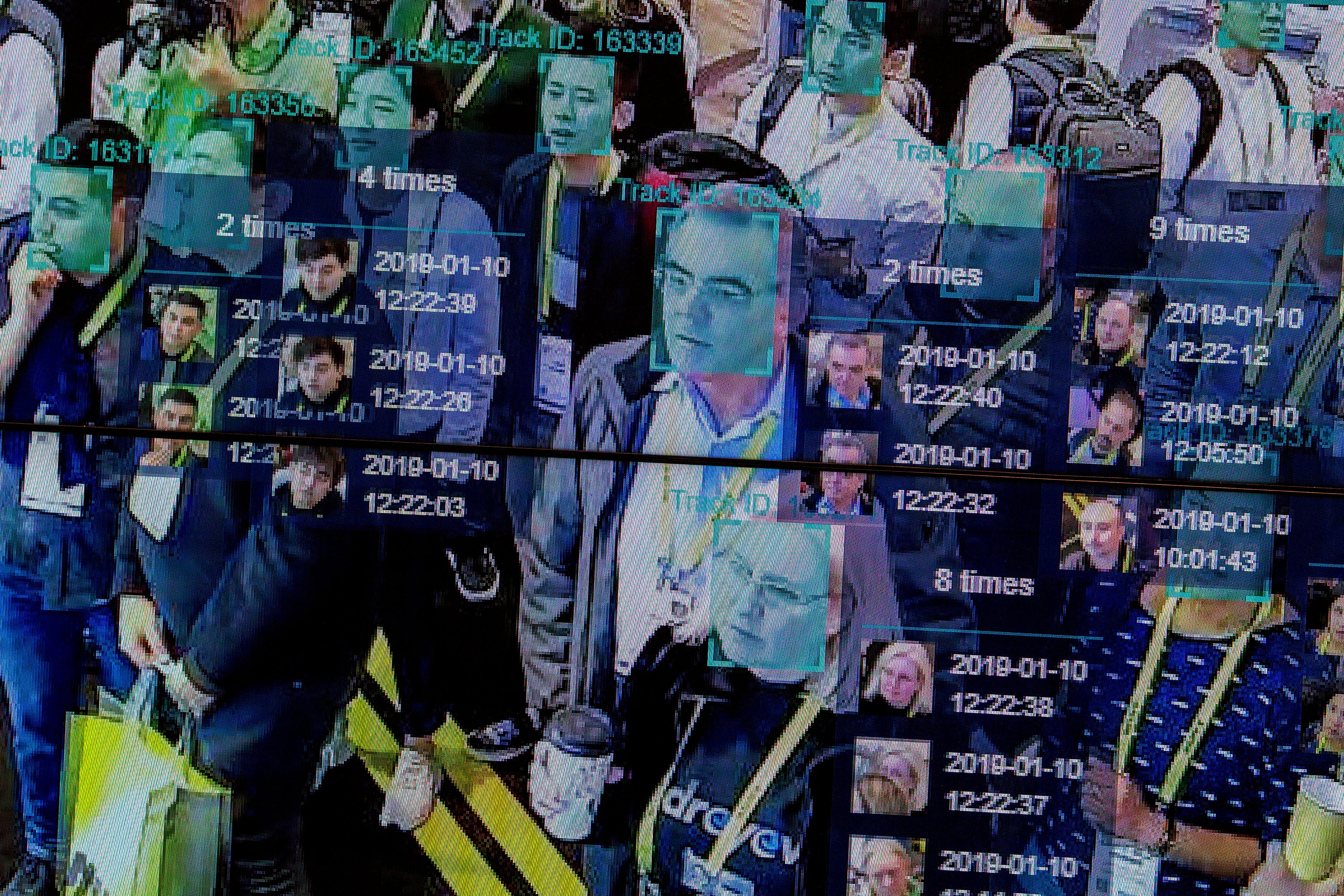Biometrics: The biggest threat to human rights since WW2 or a useful tool to prevent crime?
In a world driven by data, what makes you, you? The multibillion-dollar industry of biometrics is changing everything we know about identity, privacy and anonymity. Steve Boggan investigates

Have you ever wondered what makes you, you? Is it a name or your ability to prove it is yours? Is it the fact that you have a card or a piece of paper with that name on it? And in a world where identities can be so easily forged or stolen, what’s to say another believable – but criminal – version of you isn’t out there right now doing unspeakable things?
These are questions that have given rise to the modern biometrics industry, a £26bn-a-year global business that is casting aside hard anachronistic analogue proofs of identity and replacing them with digitised representations of your unique physical attributes.
Already, you can switch on your phone or computer just by looking at it. That’s facial recognition technology. Or you might use the “dactyloscopic” function on your computer to turn it on – put simply, you’d have your fingerprint read by a pad on your PC.
Subscribe to Independent Premium to bookmark this article
Want to bookmark your favourite articles and stories to read or reference later? Start your Independent Premium subscription today.
Join our commenting forum
Join thought-provoking conversations, follow other Independent readers and see their replies